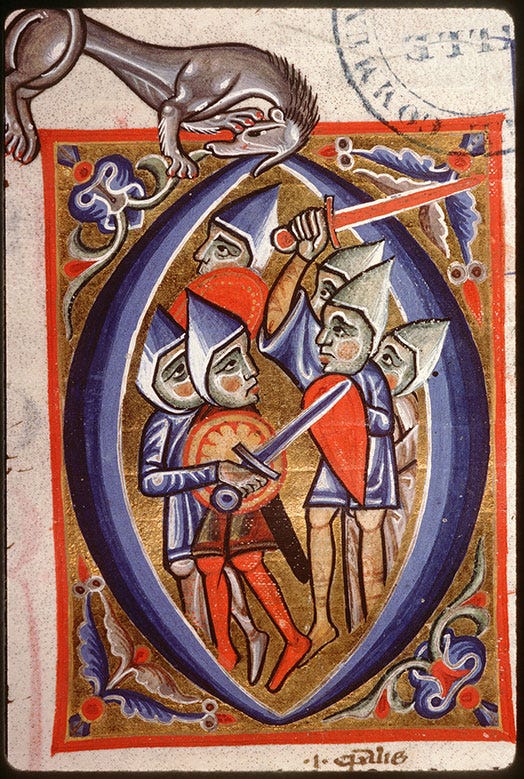The struggle of literature

It is almost axiomatic that a good story and a good novel need a good conflict. The idea of a struggle driving the narrative forward seems too obvious to explain. But why should it be thus? Why should the contest, what the ancient Greeks used to call agon, be so fundamental to literature? Why isn't the victory dance enough? Why do we need to tell the st…
Keep reading with a 7-day free trial
Subscribe to Biblonia to keep reading this post and get 7 days of free access to the full post archives.

